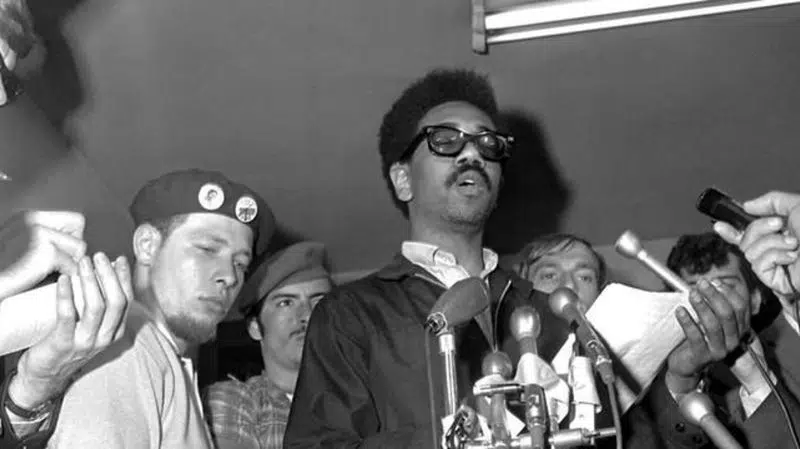
Film probes radical black-Latino-poor white 1960s alliance
Civil rights activists were still mourning the 1968 assassinations of Rev. Martin Luther King, Jr. and Robert Kennedy. Richard Nixon was president, the Vietnam War hadn’t ended, and urban racial tensions remained.
In that climate, a 24-year-old Black Panther Party member from Houston named Bobby Lee went into a Chicago neighbourhood of poor Southern white migrants with a stunning and straightforward plea: Join us.
A new PBS documentary is exploring a little-known movement that brought together blacks, Latinos, and poor whites from Appalachia that later resulted in the upending of politics in the American Midwest.
“The First Rainbow Coalition,” scheduled to begin airing Jan. 27 as part of the Independent Lens series, shows how members of the Black Panther Party organized Puerto Rican radicals and Confederate flag-waving white Southerners to help tackle poverty and discrimination. The union shocked some allies and scared police and the FBI, who feared the coalition would upend the social order.


